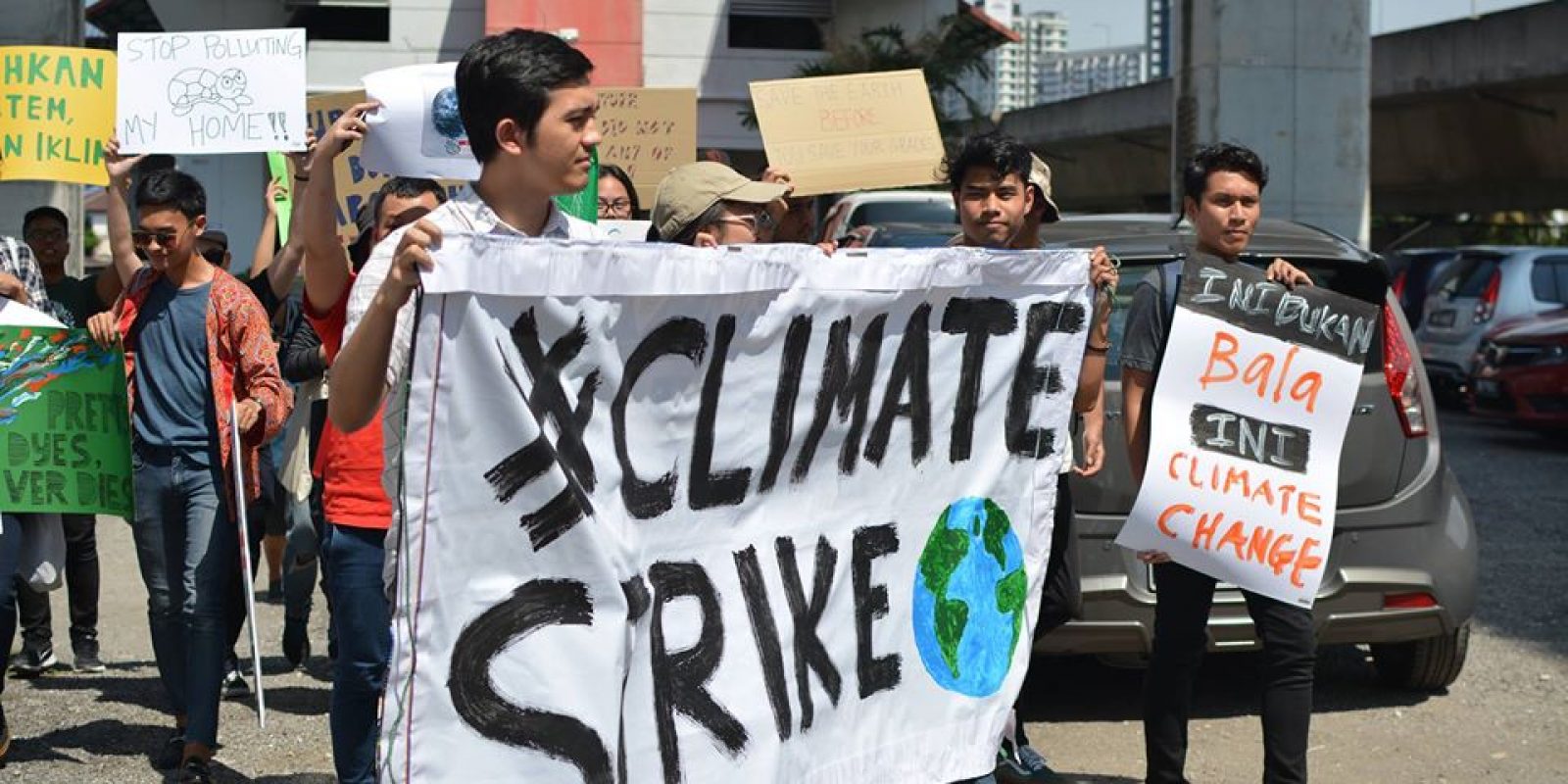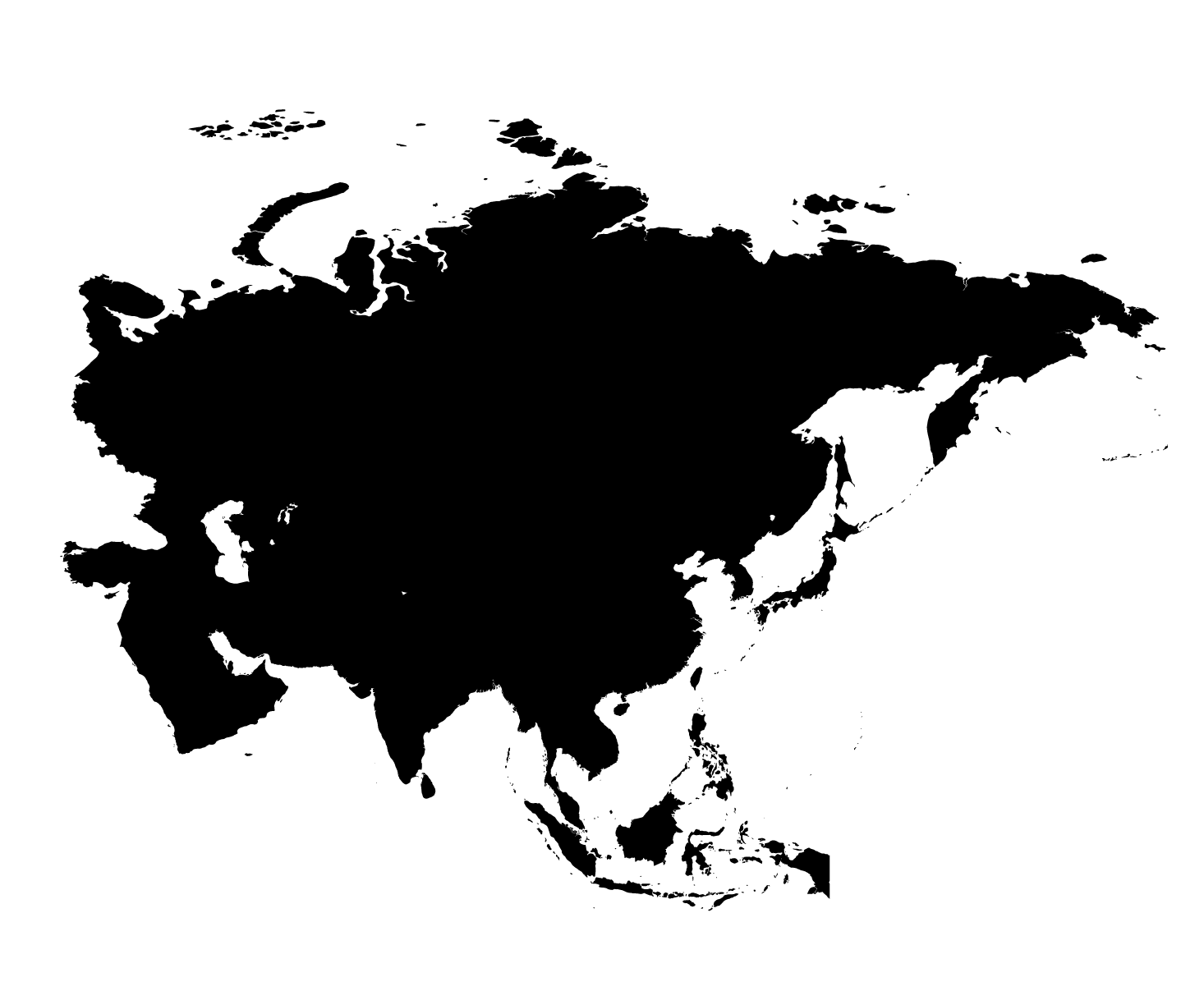Ili is a member of Klima Action Malaysia, a group of young activists fighting for a sustainable world. This interview is based on her contribution to our series “New activist perspectives on COVID-19”. Curious for more? Check our social media for new content! Also: consider becoming a donor, and support activists and social movements in these dangerous times.

The threat of COVID-19 to the green agenda: an interview with Malaysian climate activist Ili Nadiah Dzulfakar
Activist perspectives on COVID-19

The COVID-19 pandemic shows that fundamental change is necessary. But it depends on the actions that are taken now if we will be able to create a better society. . Read more...
donate now“The past three months have been quite difficult for us young climate activists in Malaysia. We had massive plans in the pipeline for this year to push the climate agenda in the Malaysian parliament. But those plans are now put on hold.”
How has the COVID-19 crisis affected Malaysia? How are you coping?
Right now, we’re working with our partners to send aid to indigenous communities in peninsular Malaysia. Having suffered decades of human rights’ and environmental violations, the indigenous community is among those hardest hit by the pandemic. Depending on where they live they have little access to quality healthcare, education, clean water, and Internet, and therefore to information about COVID-19. The [government-issued] “movement control order” has limited their ability to sell commodities or food crops. Some were hit the hardest. One village told us that their crops were destroyed by elephants. Living so closely to degraded forests, and encircled by plantations, some indigenous communities living in the interior face mounting human-animal conflict. Moreover, the rivers are polluted by fertilisers from nearby industrial monoculture plantations. So the situation is quite bad.
What is the impact of the pandemic on your climate activism?
We hope to continuously support our friends until the “movement control order” is eased, and move forward building the resilience of these communities that safeguard our forests. On the policy level, however, we are afraid that the climate change agenda is taking backseat again. Right in the middle of COVID-19 Malaysia is embroiled in a political power-play between two old parties, which resulted in a change of government, coup d’état-style. The current government, which is not mandated by the people, has rearranged many of the portfolios, including climate change. However, the extent of this rearrangement is not made public, because parliament has refused to divulge specific information. Thus, we have no parliamentary presence to discuss the recovery stimulus, which probably will side-line the issue of climate change and environmental degradation. Again, we are at a crossroads here.
Do you think this situation will change in the future?
We hope that the fight to protect our natural world, and the risk of not doing so, will open the eyes of our people and the politicians. We simply cannot go on ignoring the degradation of nature.
Support Het Actiefonds with 10 euros a month and make actions happen worldwide
donate now